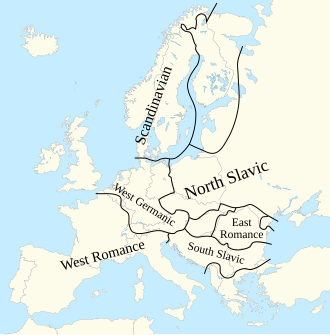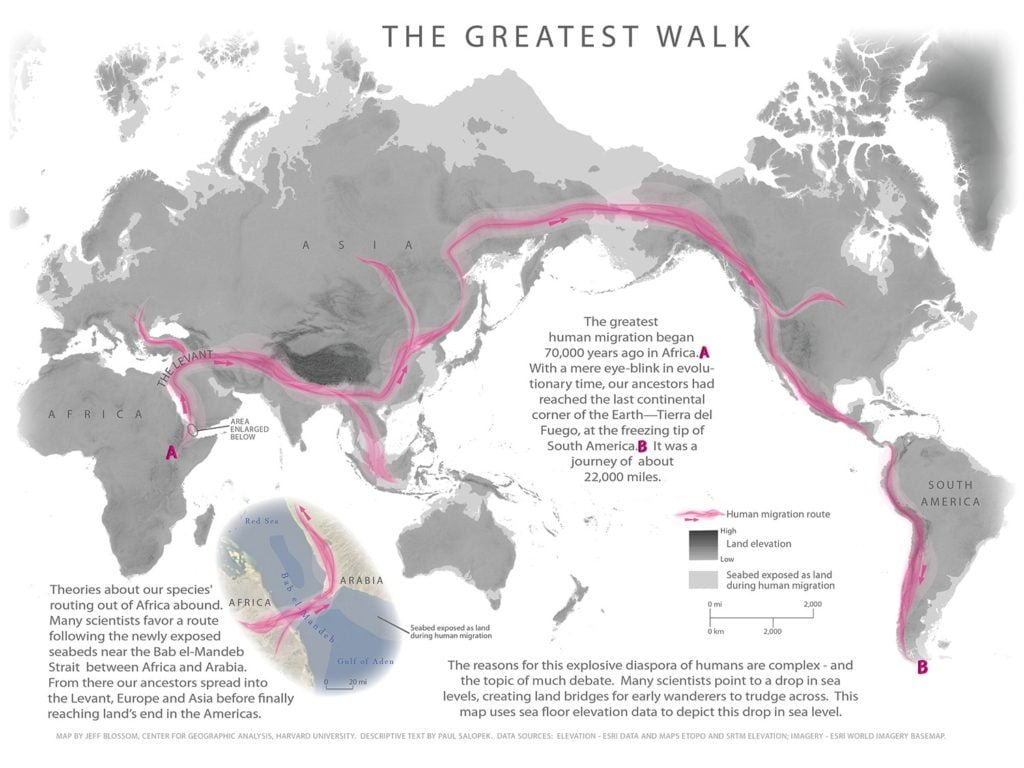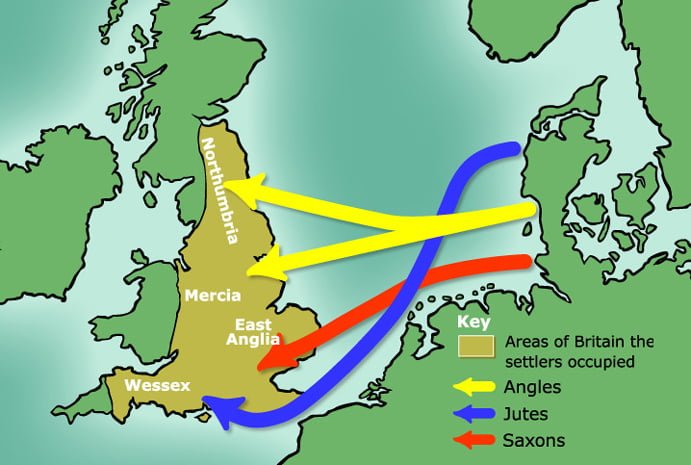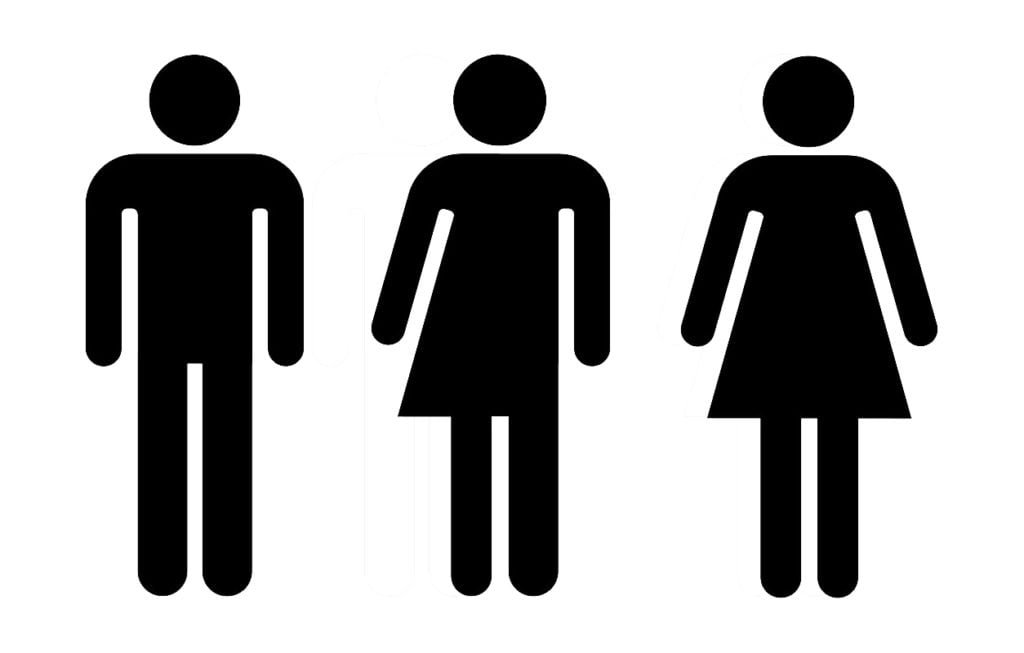It is well-established that Latin ceased to exist centuries ago, or in other words, Latin died. But, is Latin really dead? What if I told you that Latin is still alive and kicking? Would you believe that? Well, you might not. So, please read on!
While Classical Latin is undoubtedly a dead, though not an extinct, language; some residue of this Classical Latin, called Ecclesiastical Latin, still roams our society as we speak, you can find it in such things as the Pope’s Twitter account. But this is not the kind of Latins I wanna talk about here. I want to talk about the one which has around 800 million speakers worldwide today; Modern Latin.
Modern Latin is what came to be known as Romance Languages, manifested in Spanish, French, Italian, Portuguese, Romanian, Catalan, etc. which can be regarded as dialects of Latin. Have at the following Romance Language family tree for a second:

Source: Wikipedia.
Because change is the only constant, and because the thermodynamics of linguistics is language change, all languages must undergo change over time. Look no further than English itself. Here is the opening verse of Beowulf, written in nothing but English. See if you can comprehend any parcel of it:
Hwæt! We Gardena in geardagum,
þeodcyninga þrym gefrunon,
hu ða æþelingas ellen fremedon!
oft Scyld Scefing sceaþena þreatum,
monegum mægþum meodosetla ofteah,
egsode eorlas, syððanærest wearð
feasceaft funden; he þæs frofre gebad,
weox under wolcnum weorðmyndum þah,
oð þæt him æghwylc ymbsittendra
ofer hronrade hyran scolde,
gomban gyldan; þæt wæs god cyning!
You can find the full poem here and its modern English translation here.
At some point in the relatively recent history, this was correct English that people used more or less for daily communication. Due to a number of complex factors, like the Norman Conquest, English had been subject to profound changes in structure and vocabulary, resulting in what we know today as (modern) English. (See why wasn’t English completely replaced by French during the Norman Conquest). This explains why it is completely different from the language of Beowulf and its contemporaries.
During this time, dozens of dialects had mushroomed from English. A detailed explanation of why and how this happened, or had to
“The game Telephone – also known as Chinese whispers, grapevine, or pass the message, among others – is played by having one person at the start of a circle whisper a word, phrase, or sentence into the next person’s ear. That person then whispers what they thought they heard – not necessarily what was actually said – into the next person’s ear, and so on, until it cycles to the last person, who says the now-garbled message out loud to humorous effect.”
Language works just like Telephone: “mistakes” get passed on and repeated so much that they become accepted parts of the language; every bit of grammar you use was once considered “incorrect”. The change is on a much larger, wider, and more gradual scale, though, so most people don’t really notice it.
If you were to start at the very bottom tip of Texas and work your way straight north to Winnipeg (which, interestingly, are at almost exactly the same longitude), stopping at every town on the way and listening to the local dialect, you wouldn’t notice many differences between the dialects between two towns.
However, if you then compared the English spoken in Winnipeg and the English

European dialect continuums. From Wikipedia.
A dialect continuum is also present through time: you could probably have a conversation with Shakespeare, and Shakespeare could probably have a conversation with Chaucer (which I would love to see), and Chaucer could probably have a conversation with the people who fought against the Normans in 1066, and those guys could probably have a conversation with the people who wrote Beowulf, and the authors of Beowulf could probably have a conversation with the Anglo-Saxons who invaded Britain (the two groups may even be the same), etc.
But, as with a three-dimensional dialect continuum, you couldn’t have a nice chat with Alfred the Great because you’d be speaking gibberish to one another.
This four-dimensional dialect continuum can be found in all languages. It exists due to the linguistic Telephone game mentioned above and explained more in other ways here, here, and here.
In the midst of all this, it would be ridiculous to say that English had died or ceased to exist at any point during this evolution. Rather, the correct thing to say, considering the linguistic scene, is that English had changed. Beowulf didn’t just become incomprehensible overnight. Instead, Anglophones understood less and less of it until it looked completely unrecognizable.
This is exactly what happened to Latin. Classical Latin, which was in use in the era between 100 BC and 100 AD and which I can liken to Old English, is what most people think of as Latin, which rather few people used as their everyday language.
What people used for communication was not Latin per se, but rather Vulgar Latin, a nonstandard form of Classical Latin. Vulgar not in the sense of an obscenity-strung or a dirty form of communication, but a form of communication that was used by average people in the Roman Empire. The negative connotation of the term Vulgar Latin will lessen when we consider its etymology; it came from Vulgaris Latinus meaning ‘commoner’s Latin’. Due to the same factors relevant to Old English and the linguistic Telephone game, Latin itself mushroomed into different dialects, then over time into different languages that are together called today Romance Languages. So, Latin never died, people never stopped speaking it; it changed- evolved into other forms.







